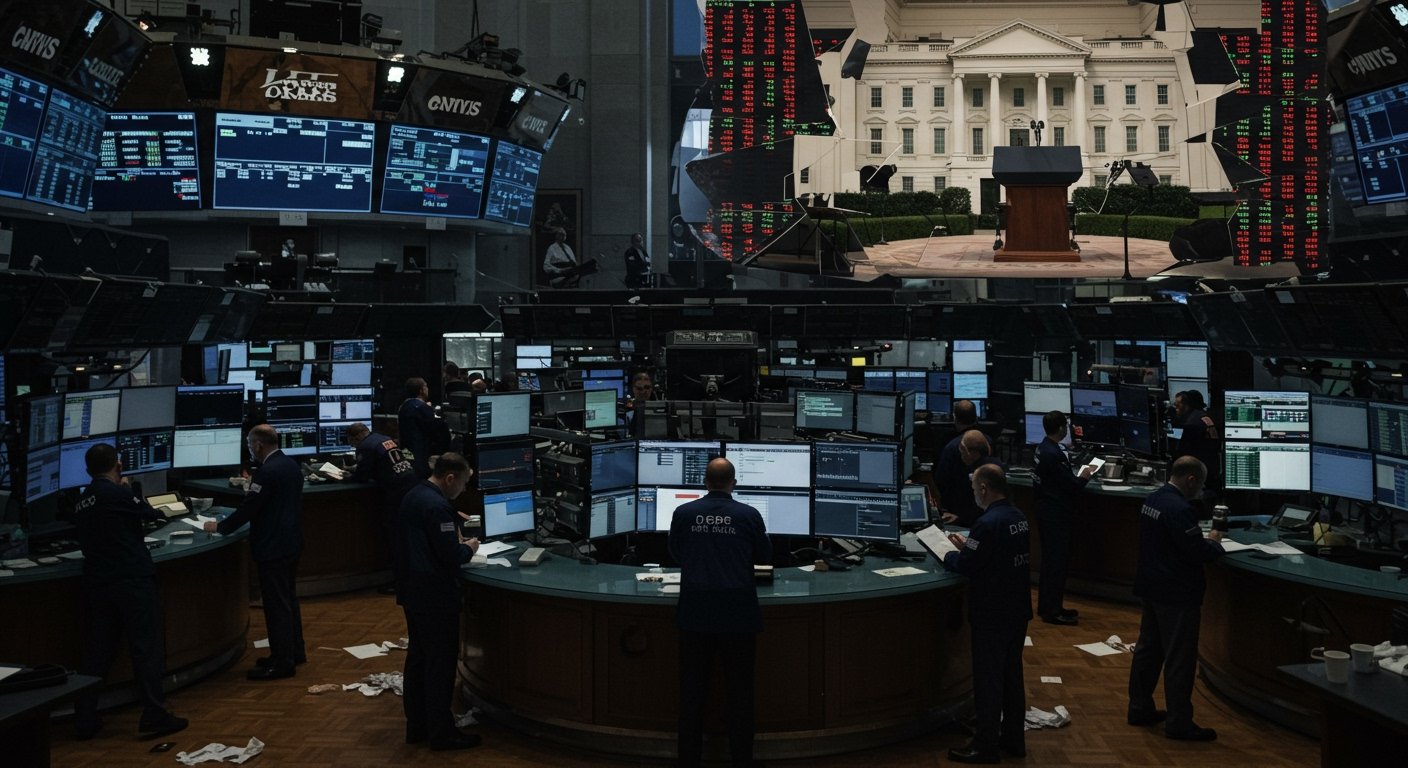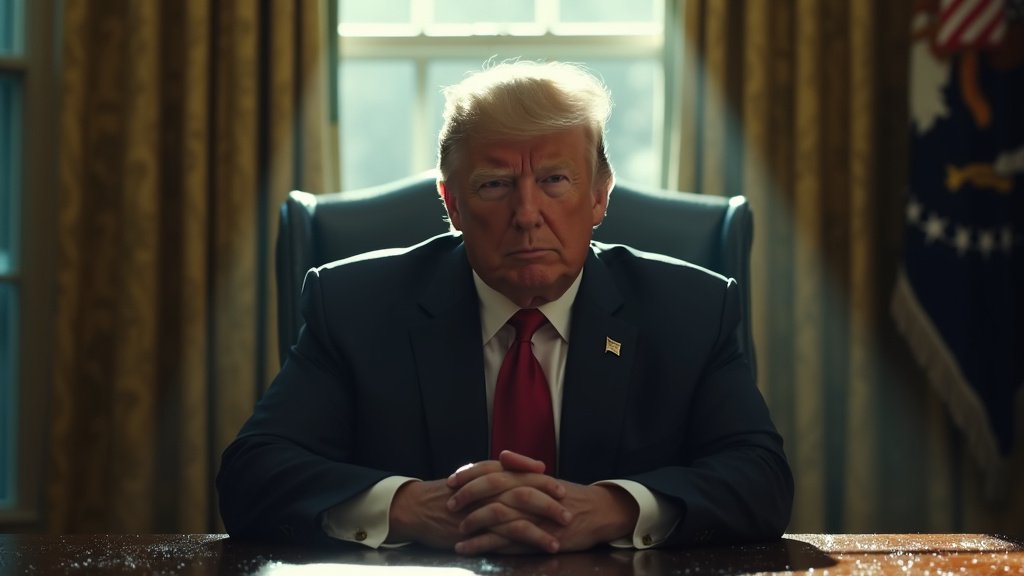The White House has stated its support for a forensic analysis of a signature on a letter purportedly penned by Donald Trump to the late Jeffrey Epstein, a move intended to bolster claims that the document is not authentic. This announcement comes as Democrats on the House Oversight Committee released the letter, which was found within Epstein’s 50th birthday book, fueling renewed scrutiny over Trump’s past associations.
The Contentious Birthday Letter
The disputed letter, alleged to have been written over two decades ago, reportedly contains a crude drawing of a woman’s body, with a purported signature of Donald Trump placed near the depiction. Inside the drawing, a note reads, “Happy Birthday — and may every day be another wonderful secret.” The letter, along with other documents, was released publicly by House Oversight Committee Democrats after being obtained from Epstein’s estate. The birthday book itself, compiled by Epstein’s associate Ghislaine Maxwell, is said to contain a variety of messages and images from Epstein’s social circle.
White House and Trump’s Firm Denial
White House press secretary Karoline Leavitt has been vocal in denying the letter’s authenticity. “The president did not write this letter. He did not sign this letter,” Leavitt stated, emphasizing that the White House would support a forensic analysis to definitively prove their claim. President Trump himself has publicly dismissed the letter, calling it “nonsense” and a “dead issue.” He has consistently denied writing the note or creating the drawing, asserting that his signature and speaking style are distinct from what is presented. This stance has led to a defamation lawsuit filed by Trump against The Wall Street Journal, which was among the first to report on the existence of the letter.
The Science of Signature Verification
Forensic document examination, often referred to as handwriting analysis, is a specialized field dedicated to determining the authenticity of written materials. Experts in this field meticulously analyze various characteristics of a signature, including stroke patterns, pressure applied, pen lifts, and the sequence of movements. By comparing a questioned signature against known authentic samples, forensic document examiners can identify discrepancies, alterations, or forgeries. The process relies on established principles, such as the natural variation in any individual’s handwriting and the unique combination of characteristics that distinguish one writer from another. This scientific approach is commonly employed in legal proceedings to establish the veracity of documents.
Historical Connections and Political Fallout
Donald Trump and Jeffrey Epstein shared a documented friendship that spanned several years, including the late 1980s and 1990s, marked by public appearances and social events. However, the relationship reportedly soured in the mid-2000s due to various reasons, including a real estate deal and alleged poaching of staff. Trump has since made efforts to distance himself from Epstein, particularly after the financier’s arrest and death. Despite these efforts, the renewed attention on their past association, amplified by the release of these documents, continues to present a political challenge. Public interest in the Epstein case remains significant, with polls indicating widespread suspicion of withheld information. This ongoing narrative underscores the complex web of American politics and its intersection with controversial figures.
Expert Perspectives and the Path Forward
While some analysts and observers have pointed to similarities between the signature on the Epstein letter and known examples of Trump’s handwriting, including specific characteristics like the flourish on the letter ‘d’, the White House remains steadfast. Leavitt has indicated that the President’s signature is “one of the most famous signatures in the world” and that preliminary assessments, not yet official forensic analysis, have already raised doubts about its authenticity. Some Republican lawmakers, like House Oversight Committee Chairman James Comer, have stated they take the President at his word. The call for a definitive forensic analysis highlights the critical role of such expert opinions in resolving disputes over document authenticity, especially when they intersect with high-profile political figures and news events.
The White House’s willingness to support a forensic examination signals an intent to definitively settle the authenticity question of the disputed letter. As this news unfolds, it reinforces the persistent public and political appetite for transparency surrounding Jeffrey Epstein and his connections. The results of any such analysis could provide clarity on this particular piece of evidence, though the broader controversy surrounding Trump’s past relationship with Epstein shows no signs of abating, continuing to be a significant topic in American news and politics.












